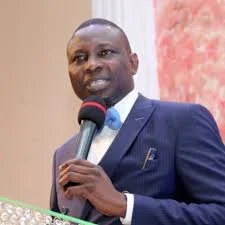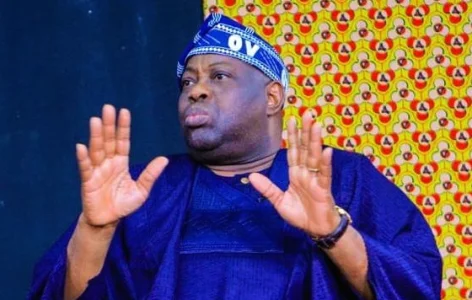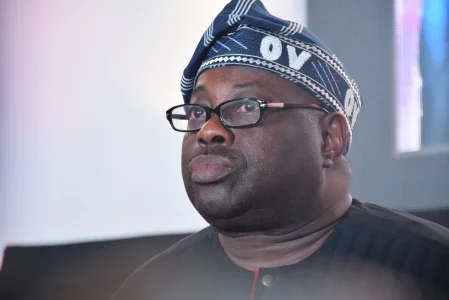
President Bola Ahmed Tinubu has appointed Ola Olukoyede as the executive chairman of the Economic and Financial Crimes Commission (EFCC). Olukoyede's appointment, which is subject to Senate confirmation, comes following the resignation of the suspended executive chairman, Abdulrasheed Bawa. Additionally, Muhammad Hassan Hammajoda was approved as the Secretary of the EFCC.
However, concerns have arisen regarding the legality of Olukoyede's appointment, particularly in relation to Section 2 (3) of the EFCC Act 2004. This section mandates that the chairman must be a serving or retired member of any government security or law enforcement agency not below the rank of Assistant Commissioner of Police or its equivalent, with a minimum of 15 years of experience.
Presidential spokesman Ajuri Ngelale has stated that the appointments were made in accordance with the president's authority as established in section 2 (3) of the EFCC (Establishment) Act 2004. Ngelale emphasized Olukoyede's 22 years of experience as a lawyer specializing in regulatory compliance and fraud management, asserting that he meets the statutory requirements for the role.
However, the legality of the appointment is being debated. Some legal experts have expressed concerns about potential violations of the EFCC Act, while others argue that Olukoyede's appointment adheres to the law. The controversy highlights the challenges surrounding the selection and qualifications of top officials in government agencies in Nigeria.




